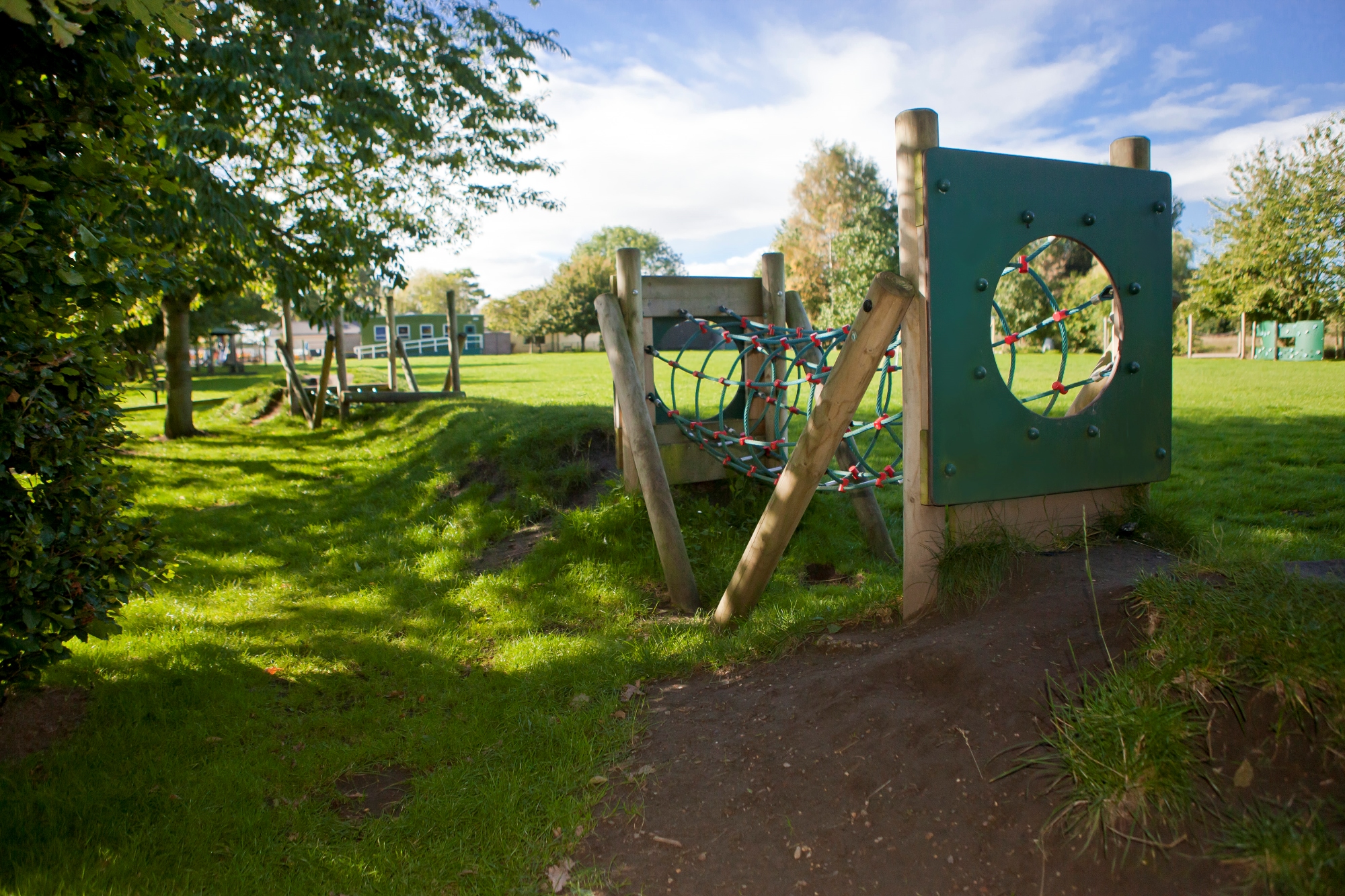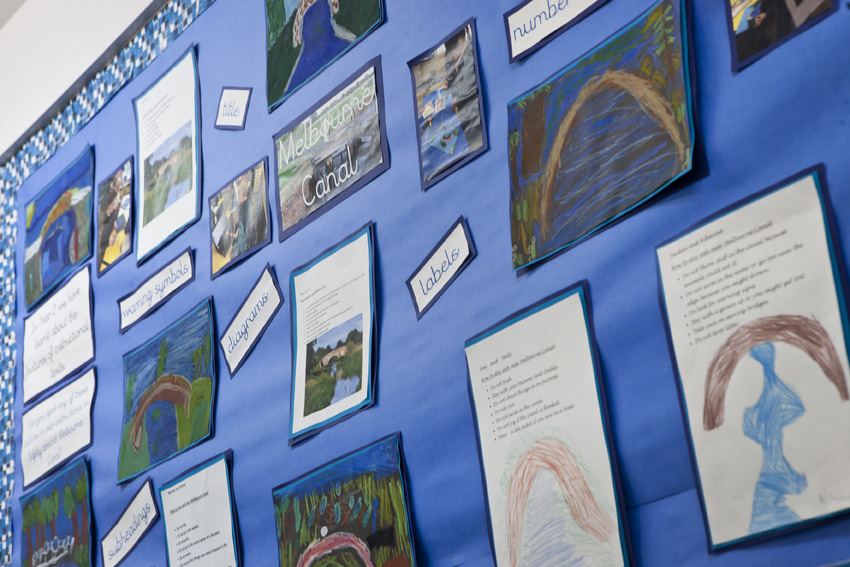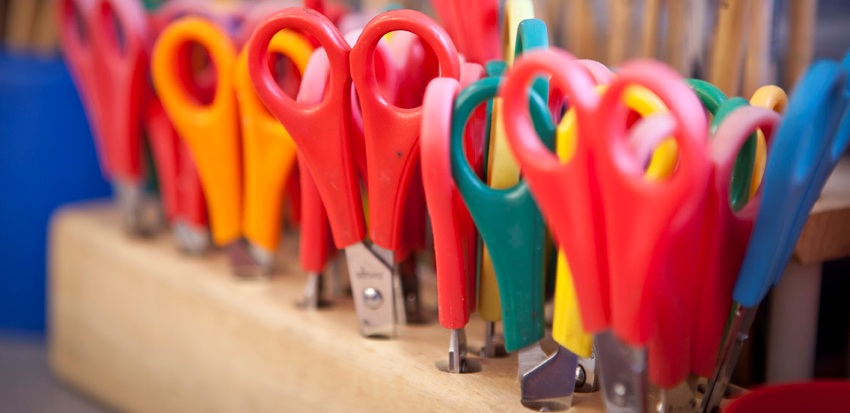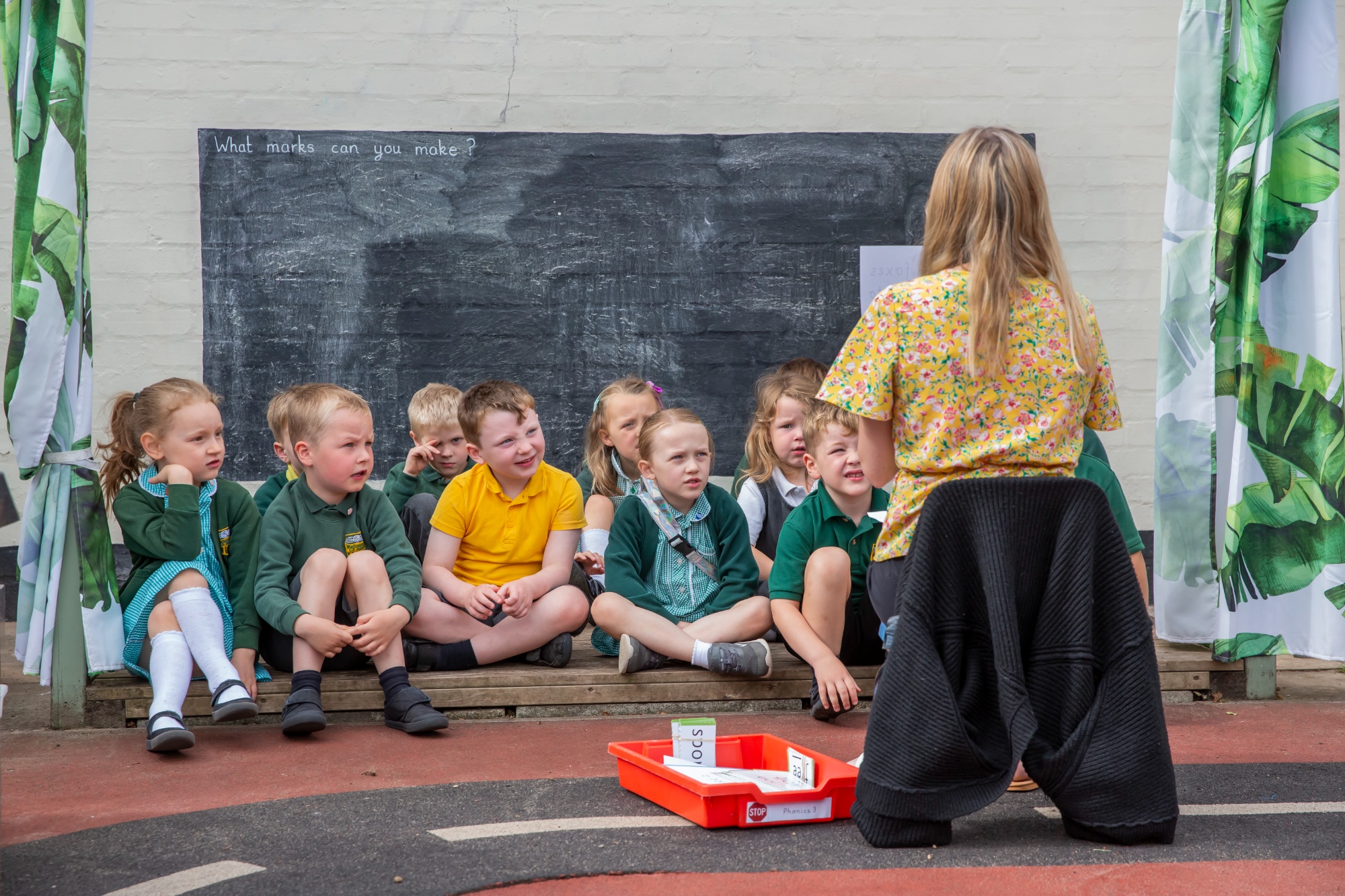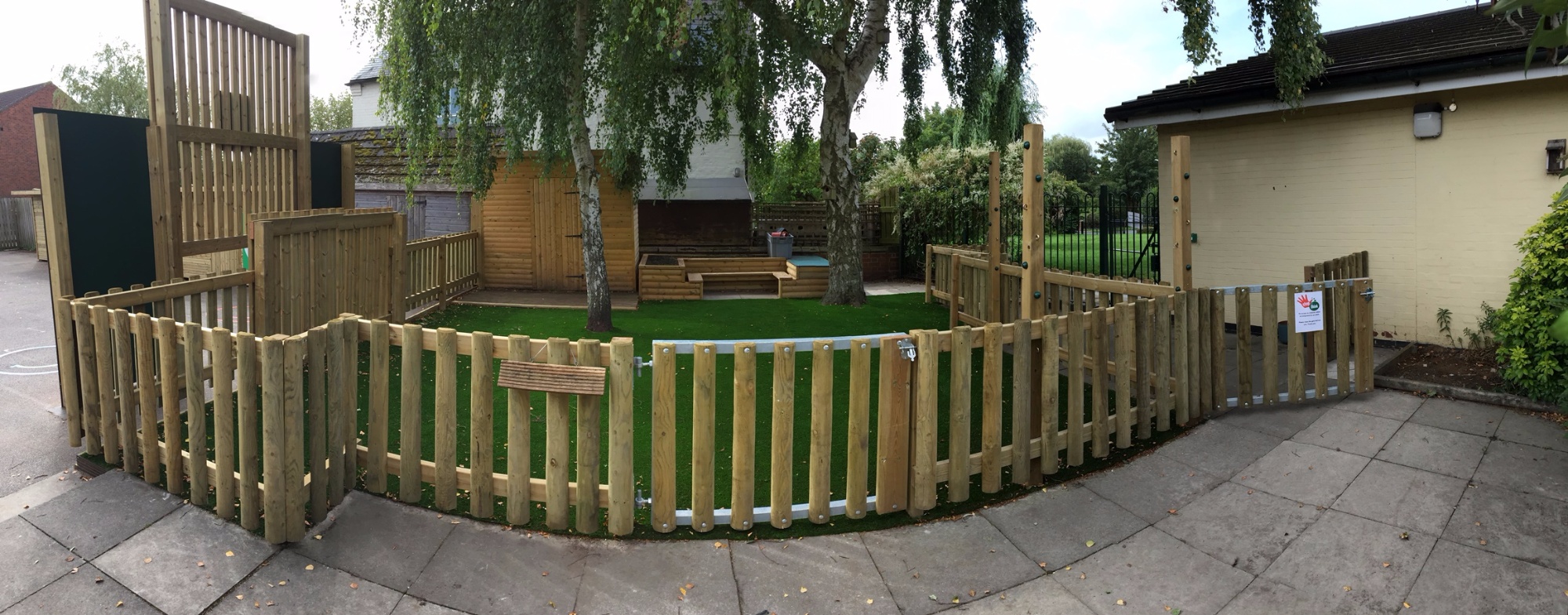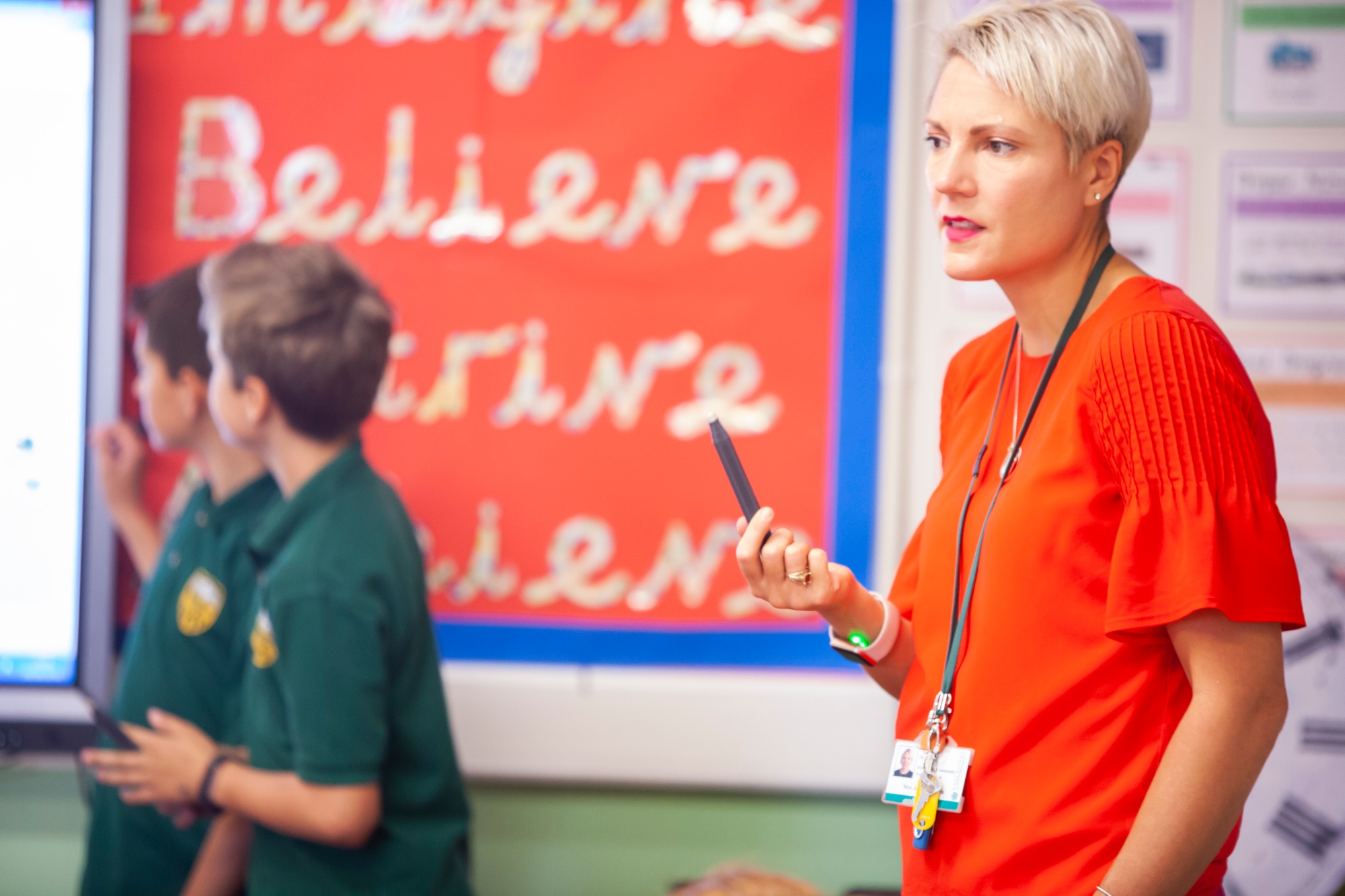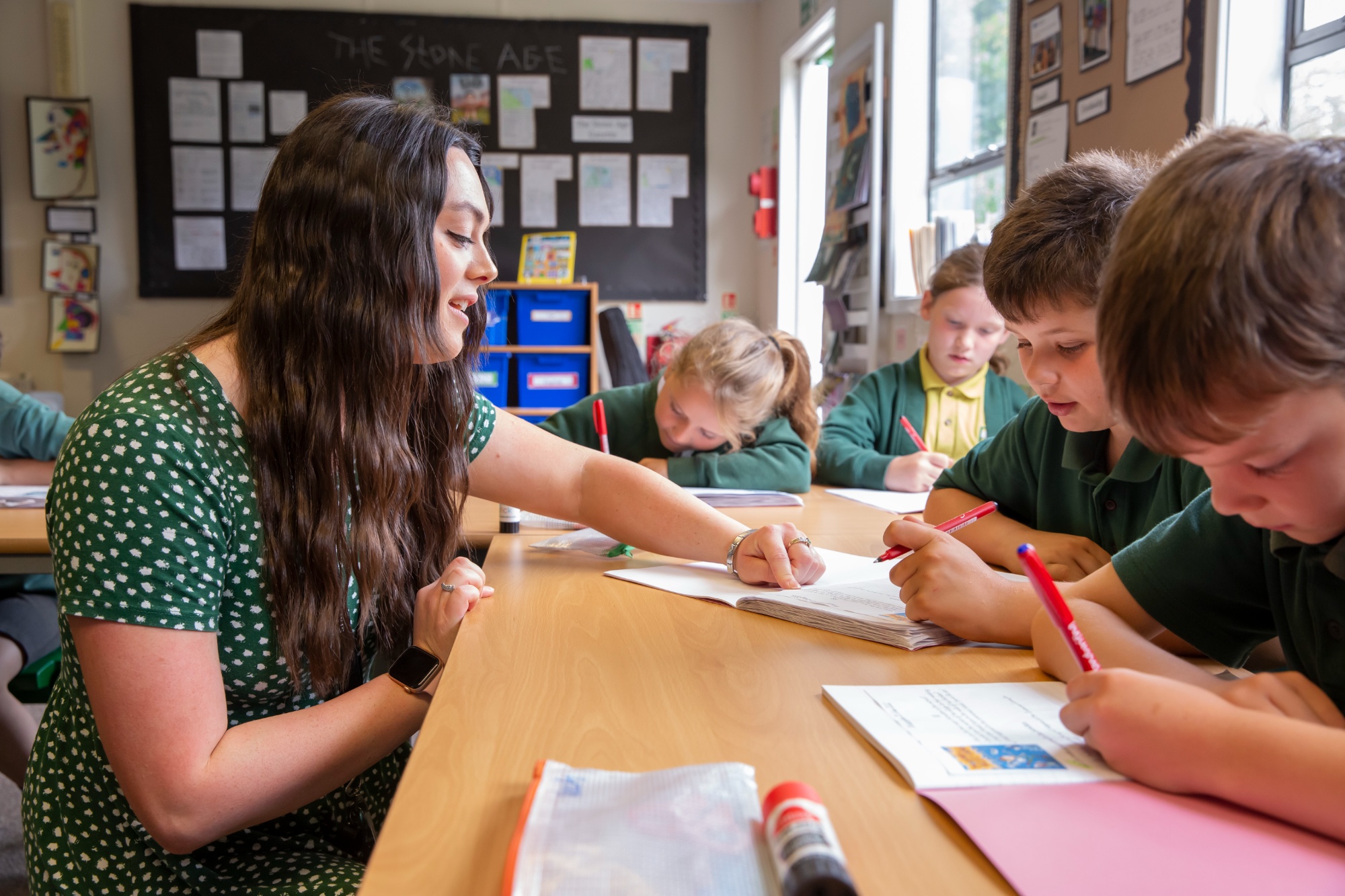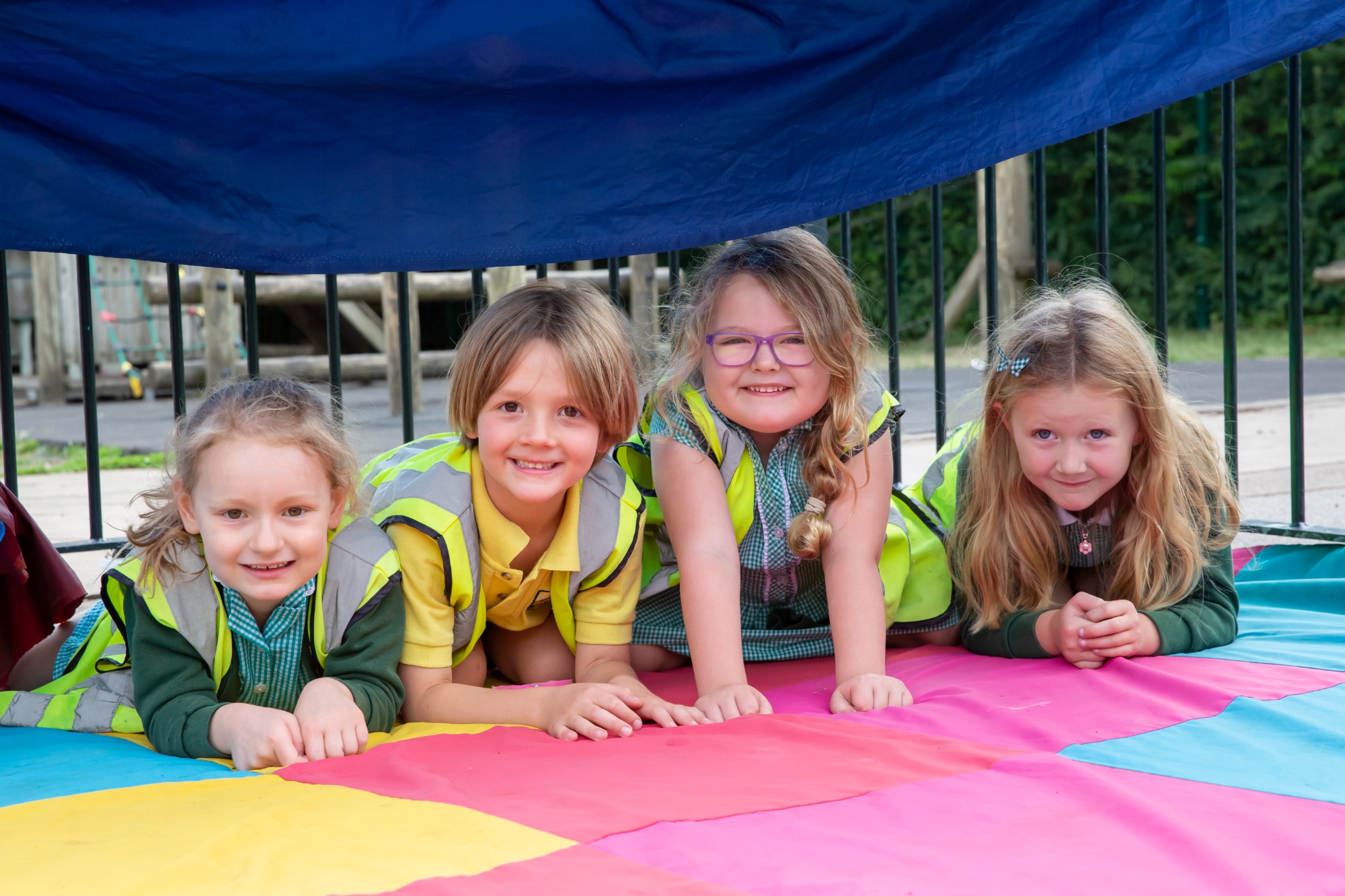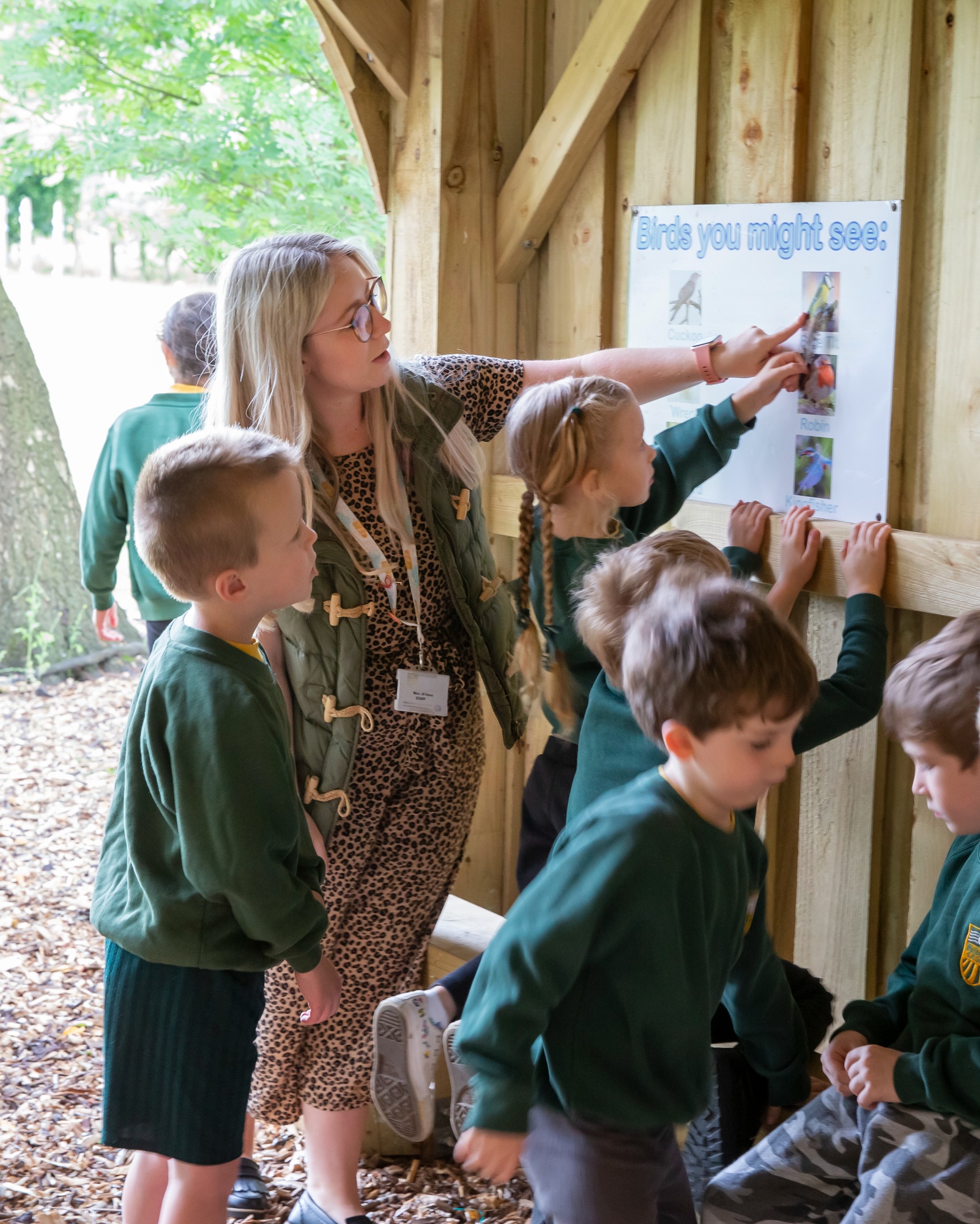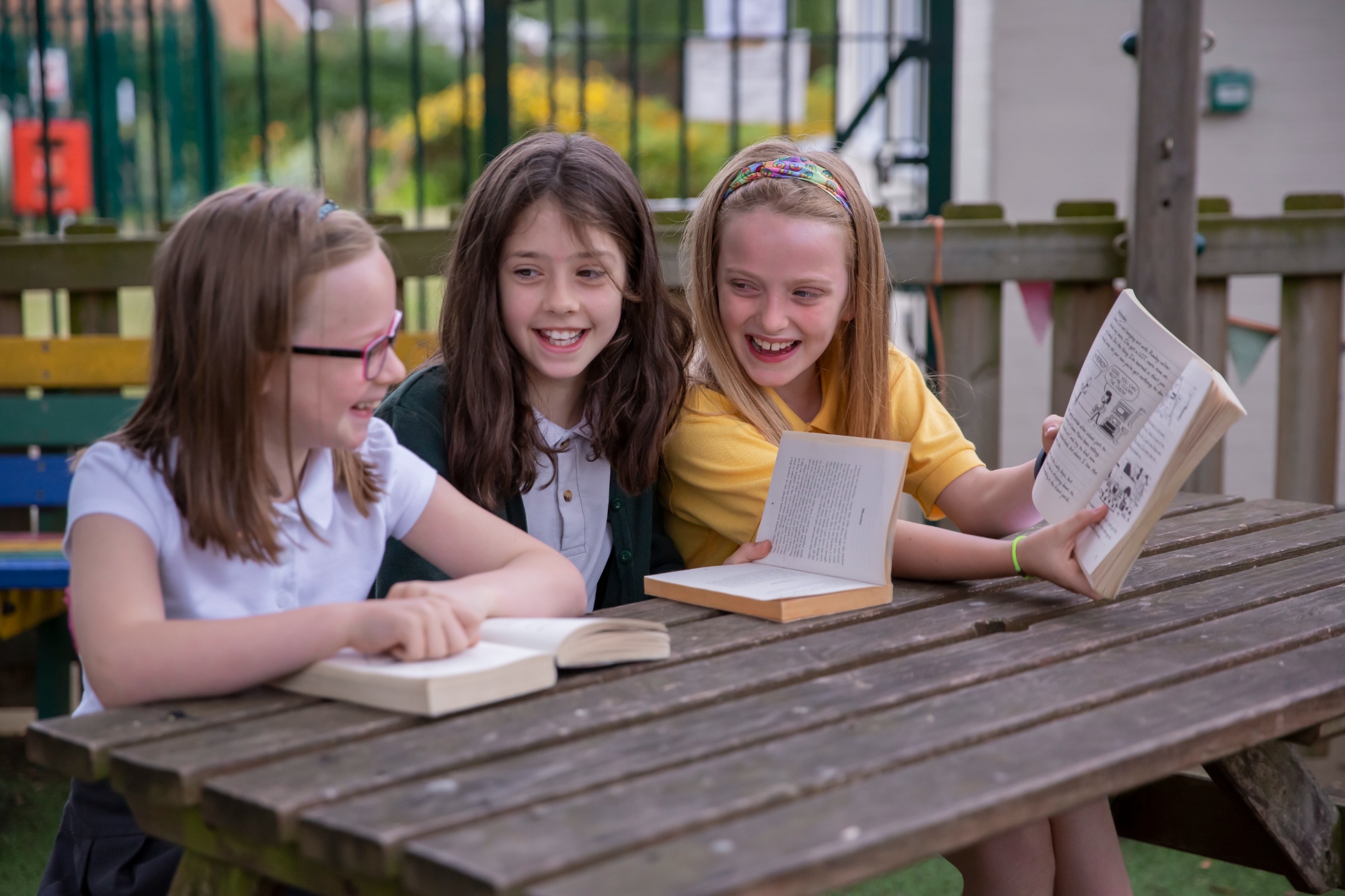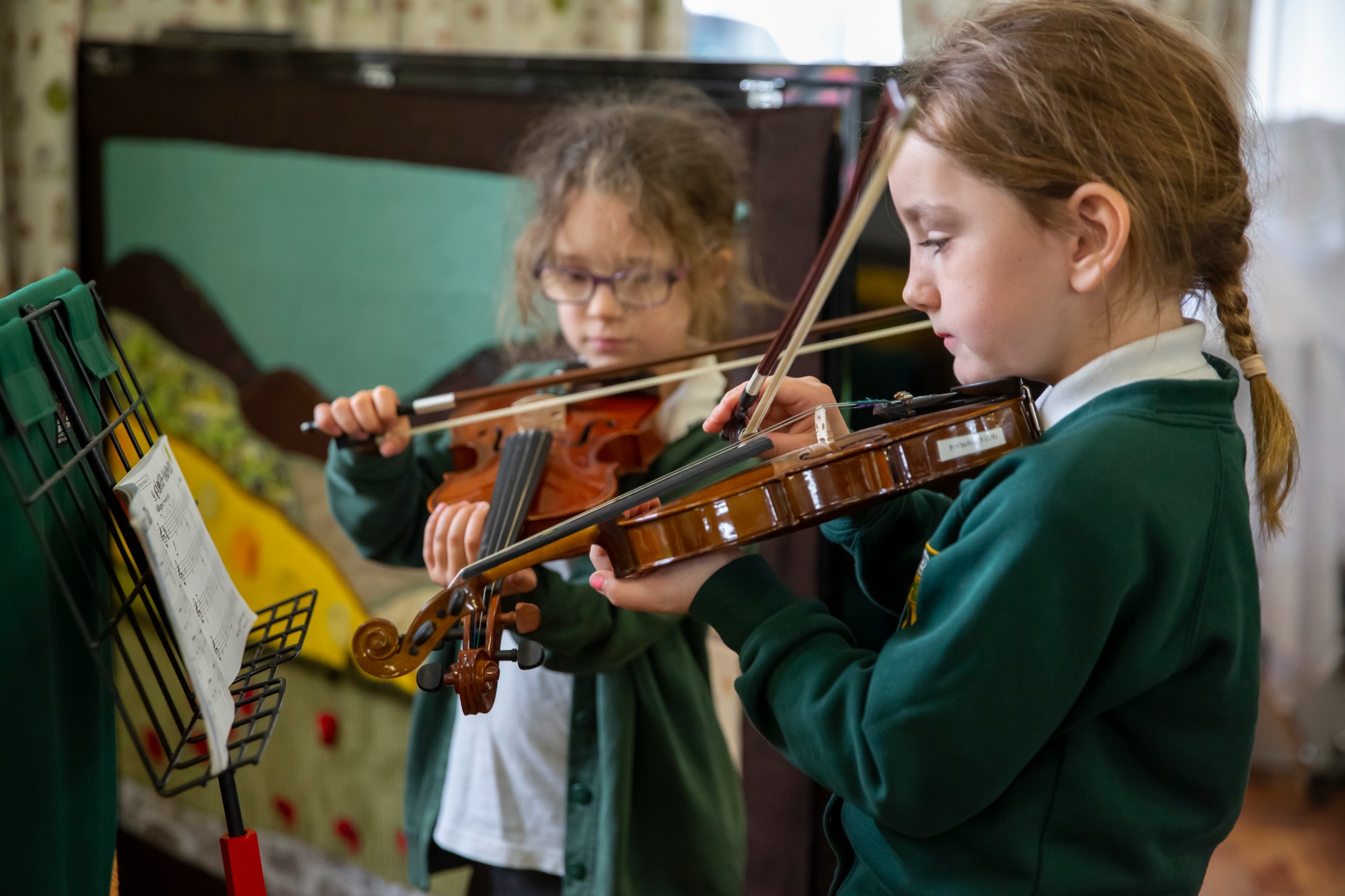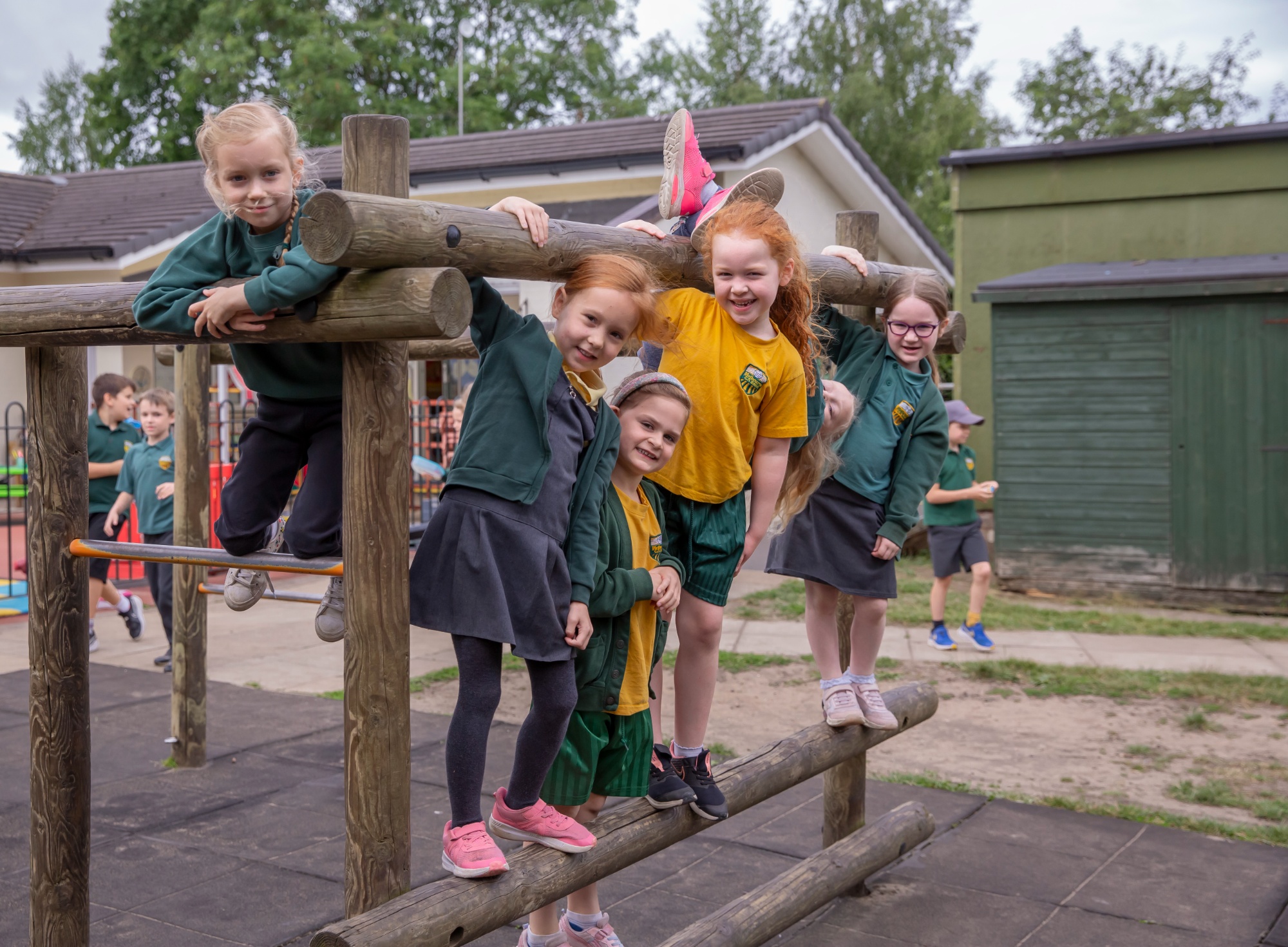Religious Education
The RE subject leader is Molly Howe
Intent
Fostering respect, tolerance and knowledge of World Religions
Overall intent:
Religious Education and Worldviews allows children the opportunity to understand and explore different religions within their community and further beyond, to feel confident to share their own views and questions and show an acceptance to those with differing viewpoints.
Our vision:
Our world view shapes the way we experience life and interact and relate to others. Consequently, Religious Education is important to working and living in a multi-faith and multi-cultural world, but it is also a vital way to understand ourselves. By experiencing Religious Education, your child will enter into a rich discourse about the religious and non-religious traditions that have shaped Great Britain and the world.
By focusing on world views – both secular and religious – and by recognising that even within a religion such as Christianity, there are differences between individuals who define themselves as Christian. We hope to show children the complexity and variety of world views and how they relate to each other.
The Right to Withdraw:
If you wish to withdraw your child from Religious Education then you have the right to do so, however we would ask that you contact the school so that we can discuss this decision with you carefully and satisfy ourselves together that this is the correct decision for your child.
Our curriculum:
Early Years
Our early years curriculum is built around the concepts of special times, special places, special books, and special people when teaching faiths. Children will learn about four different religions prior to Key Stage 1 – Judaism, Hinduism, Islam, and Christianity. Each term will also have a short focus topic on Christianity that looks at festivals and key questions throughout the year.
Throughout Key Stage 1 and 2 we take advantage of the longer autumn term to include a seasonal unit on Christmas and Abrahamic winter traditions. Equally, at Easter children will study a short unit each year that looks at different aspects of sacrifice and the passion story.
Key Stage 1
Key Stage 1 moves in two cycles, alternating each year. Each unit follows a bigger concept or idea that prompts children to ask wider questions about society, faith, and think philosophically. Every term also has a faith focus that allows children to look at a religion in detail.
Cycle A begins with a unit entitled “Lead Us Not Into Temptation” - a multidisciplinary topic that explores the concept of temptation and how people choose between right and wrong. It contributes to personal development and aspects of SMSC and learning how we make personal choices.
In spring children will move to a unit entitled “Believing” that asks the question what is ‘belief’? What do they believe in? Do others believe the same? Throughout the unit they will look at why it is important to respect the beliefs of others. They will end the term with a faith focus on Judaism. Finally, in the summer they will follow the topic “Questions, Questions?” This unit encourages children to develop and explore their own Big Questions about how the world and other things came about. They will celebrate the idea that people may think differently and that it is okay to disagree. They will end with a faith focus on Christianity, exploring ideas about God.
Cycle B starts with a unit entitled “Belonging”. It focuses on what it means to belong and how a faith member has a sense of belonging to their faith. We will present different kinds of family through story, persona dolls, puppets and explore what it means to belong to a faith family, becoming a member and keeping the rules. We will then move to a faith focus on Islam. The spring begins with a unit entitled “Worship” that expands on some of their prior learning about significant places and objects. We have a particular focus on Hinduism in this topic, seeing the concept of worship through the lens of dharmic faith. Finally, in the summer, children will study “What a Wonderful World,” which focuses on our relationship to the natural world and explores myths of creation. We end with a faith focus on Judaism.
Lower Key Stage 2
Cycle A begins with a unit called “Remembering” that provides an opportunity to explore remembrance in the context of some important religious and secular festivals; include Remembrance Day and festivals which remember or commemorate people or events in the past in addition to key religious festivals. We also include a faith focus on Judaism. In spring, pupils complete the unit “Founders of Faith” to investigate the lives of two key figures who may be described as founders of their faiths. We follow a faith focus on Hinduism. The year ends with a unit entitled “Sacred Places” that builds on their work on places of worship in Key Stage 1. We provide opportunities to study worship in more than one faith, focusing on its significance for faith members.
Cycle B begins with a unit entitled “Communities” that provides the opportunity for children to find out more about their locality and their local community, to explore the diversity of religion found within, and to study a religious community in depth. We end with a focus on Hinduism. In the spring, children move onto a topic entitled “Our World” that builds upon understanding and appreciation of the natural world. It focuses on the uniqueness of the Earth as Our World, that everyone has a duty to respect and conserve. We also have a faith focus on Judaism. Finally in the summer, children study a topic called “People Who Inspire Us” that explores the concept of commitment and provides opportunities to explore the lives of people who have been inspired by religion to perform heroic deeds or dedicate their lives to a cause. We link this to a faith focus on Christianity.
Upper Key Stage 2
Cycle A begins with a topic called “Justice and Freedom.” Children will consider how justice is significant in stories from religions and in secular life. They will also study what religions teach about forgiveness and how reconciliation may take place. We also have a faith focus on Judaism. In the spring, children move onto a topic entitled “Living a Faith.” This explores the concept of religious identity through the way people live. There is a focus on how rites of passage (which may include death and bereavement) give shape to a person’s identity. This is accompanied by a faith focus on Hinduism. Finally, in the summer, we explore the idea of “Hopes and Visions”. This topic provides opportunities for pupils to consider the significance and impact of some key teachings, and the ways in which they have shaped believers’ responses to ultimate questions. The summer faith focus is on Islam.
Cycle B begins with a focus on “Pilgrimage” that investigates the impact of pilgrimage on participants, exploring local, national and global pilgrimage sites for different faiths. There will also be a faith focus on Islam. In the spring, pupils will study a topic entitled “Faith in Action” in which they explore religious figures and the influence they had - and continue to have - today. In addition, they will contrast the ideas and influence of significant people who hold non-religious worldviews. This will be accompanied by a faith focus on Judaism. Summer begins with a unit entitled “How is Belief Expressed” in which children investigate religious expression in all its diversity, considering different ways of expressing belief through a range of creative media and in their actions. They explore the meaning of symbols and activities expressing belief. We also follow a faith focus on Hinduism.
How is our curriculum sequenced?
The curriculum at Wonder is also sequenced so that it is thematic with wider concepts such as creation, religion and science, and the earth used to explore the interplay between faiths. For each unit, one or two faiths become a key focus to allow in depth teaching of its traditions and background.
Our Teaching:
The enquiry model provided by the SACRE provides for a sequence of learning, so that pupils build upon their prior knowledge and understanding to ensure progression. Where RE works well, pupils are given carefully structured opportunities to find out for themselves, making their own connections and drawing their own conclusions. This approach is built on the following sequence:
Ask questions
- Engage pupils from the outset in ‘big questions’ to provide a context for carrying out an investigation to answer their own questions, drawing on previous learning
Investigate
- Promote questioning and discussion about key religious concepts
- Use a multidisciplinary approach to deepen learning and extend pupils’ investigations into religion and other worldviews, looking through different lenses and digging deeper into pupils’ questions
Interpret and analyse
- Provide first-hand experiences
- Give access to examples of living religious practice and high-quality resources to stimulate pupils’ learning
Reflect and respond
- Integrate opportunities for reflection throughout the process of enquiry, enabling them to deepen their knowledge and understanding
Evaluate and review
- Encourage pupils to develop well-founded reasons and justify their conclusions or views
The knowledge behind all religious traditions is vast and so choices have to be made when looking at the content to teach. Pupils receive many of their values, opinions and ideas from their home environments and communities. However, they will base their knowledge about religion and non-religion to a considerable degree on the representations they learn in the curriculum. Consequently, as teachers we consider carefully the content we choose to deliver as the content they learn about a religion they have not personally experienced will form the basis of a “representation” of that religion that they carry with them into their adult lives.
